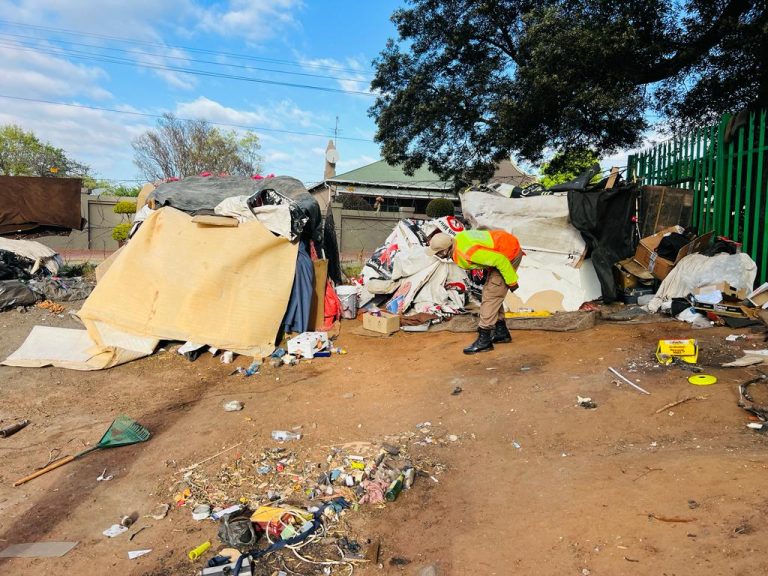AfriForum conference highlights destructive, unjustifiable nature of SA government’s racialist policies
The South African government’s race-based policies, such as black economic empowerment (BEE), are nothing more than a smoke screen for small elite empowerment and cadre deployment. It is time to end this discriminatory policy-path. This formed the essence of the arguments made at the civil rights organisation AfriForum’s conference today where speakers did in-depth presentations focusing on the damage that the government’s race-based policies, such as BEE, have done and continue to do. The speakers included AfriForum’s Head of Public Relations, Ernst van Zyl, the Free Market Foundation’s Head of Policy, Martin van Staden, and political analyst and author, Phumlani M. Majozi.
In his presentation, Van Staden argued that race-laws are alive and well in South Africa, which has been a global mecca of racialist legislation for over a century. One of the most shocking facts Van Staden presented, was that over 141, or just over 50%, of the race-based laws that the South African government has passed since 1910, are still active today. This total surpasses the race-law total at apartheid’s peak.
Majozi unpacked race-based legislation case studies from all over the world and pointed to the pattern they all share: They all serve only to further enrich a small elite of the already enriched and politically connected. Majozi emphasized that it would be this tiny elite group, rather than the poor, that would be up in arms if race-based policies such as BEE were to be abolished.
Van Zyl presented the argument that without a fixed end date for racially discriminatory legislation the vicious cycle of government failure and push for more racially discriminatory policies would continue.
Proof of how destructive and twisted the South African government’s racialist policies are, is everywhere to see. Last week it was reported that multi-billion, multi-national company Shell could exit South Africa after clashing with a BEE partner, risking $73 million of investments and thousands of jobs. Another recent example is the new racial mandates the government wants to force on the property sector.
“BEE legislation is destructive because it destroys jobs and chases away investment. Because BEE requirements are blocking Starlink in South Africa, it is dangerous, because it robs people in rural areas, which are plagued by crime, of the chance to get reliable internet connection. Lastly, racialist policies are wrong, because they exclude people from employment, promotion and sports teams because of their skin colour,” Van Zyl concludes.














